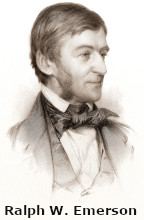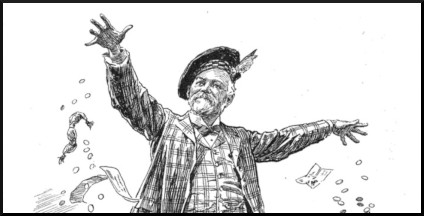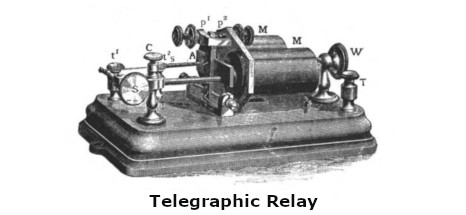Herbert Beerbohm Tree? Albert Chevalier? John Clayton? Johnston Forbes-Robertson? John Golden? James Wallen? John Alfred Calthrop? Charles Dillingham? Anonymous? Apocryphal?

Question for Quote Investigator: Successful producers and directors are regularly sent screenplays and scripts by individuals with high aspirations. Unfortunately, these products of creativity are often terrible. One theater manager in the 1800s responded with a devastating two sentence assessment. The critical words have been attributed to the prominent English actor-manager Herbert Beerbohm Tree. Would you please explore this topic?
Reply from Quote Investigator: The earliest match located by QI appeared in “The Era” newspaper of London in 1888. A short item of “Theatrical Gossip” credited the actor and theater manager John Clayton with delivering the harsh assessment in a letter. Emphasis added to excerpts by QI:1
A young author sent a play to the late Mr John Clayton, and begged him to read it. After a few days he received the MS. and the following characteristic reply:—“Dear Sir,—I have read your play— Oh! my dear sir.—Yours, J.C.”
The same item appeared in other newspapers in 1888 such as the “South Wales Echo” of Glamorgan, Wales.2
Below are additional selected citations in chronological order.
Continue reading “Quote Origin: Dear Sir, I Have Read Your Play. Oh, My Dear Sir. Yours Faithfully”







